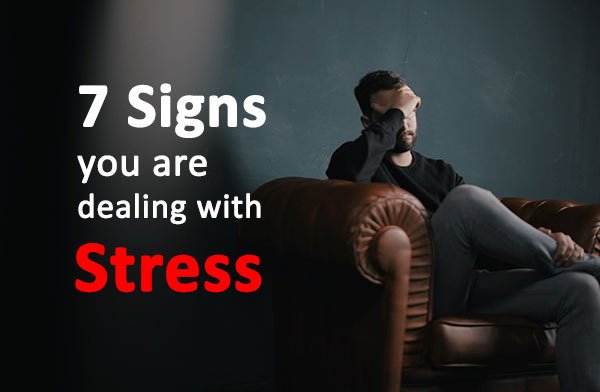Talk to a Psychologist for Online Counselling
Book Appointment Now 100% Private & Secure
Convenient, 100% anonymous, safe, certified professional counseling online.So, you had an unplanned fling that too without protection? Right? Now, the thoughts of unwanted pregnancy might be crushing you. Don’t worry. Let’s see whether there was condom failure, contraceptive failure, or ejaculation inside the partner during the intimate moments. The ovulation cycle of your partner plays a vital role too. Married couples who are not planning to have children as of now, or couples in a relationship who have a healthy sex life sometimes end up with sex without protection which might lead to unwanted pregnancy, STDs ruining their future plans, and creating trouble for them. But in today’s scenario, there are multiple ways to stop unwanted pregnancy.
Right from OTC medicines to pregnancy testing strips, everything is available now. Still, when you end up in an accidental moment of unprotected sex or contraceptive failure, the first step should be to consult a doctor. Here we are providing a few essential tips to avoid unwanted pregnancy and continue to enjoy your relationship.


8 Tips to avoid pregnancy after unprotected sex
Sex is an indispensable part of married life or a relationship. It helps one get a deeper connection with the partner. It is absolutely fine to have a strong urge to make love to the person whom you love. As human beings, we have a biological drive to have sex because it is a fundamental part of reproduction and the survival of our species. Our bodies are wired to crave sexual intimacy and pleasure, and this drive is influenced by a complex interplay of physiological, psychological, and social factors.
From a biological standpoint, the primary purpose of sex is to reproduce and ensure the continuation of our species. However, human sexuality is also influenced by social and psychological factors, such as attraction, intimacy, pleasure, and emotional bonding. But when a couple has unprotected sex, can lead to further complications. Let’s read a few best tips by the experts on what to do after unprotected sex.
1. Speak to your family member and consult a doctor and counselor
The first thing to do is not to panic and to speak to a person whom you trust the most and believe that person will give you the best advice and timely support. Of course, family is the first thought we get. Other than family the most reliable advice you will get from a doctor or a counselor. Talk to them openly and tell them what happened and look forward to the probable solutions.
Your trusted family member will give you the best solution out of his/ her experience. However, if the situation is more serious and requires professional help, a doctor or counselor will be the best option. They have the expertise to assess the situation and provide you with the necessary support and guidance. They can also refer you to other professionals or resources that may be helpful. Remember that no matter what the crisis may be, there is always a solution or a way to cope with it. By reaching out for help and taking care of yourself, you can navigate the stress of the crisis and emerge stronger on the other side.


2. Taking an emergency contraceptive pill
OTC contraceptive pills are the best available possible solution. This can be taken within 24 hours of having unprotected sex. This is the easiest and safest way to stop unwanted pregnancy. It’s important to note that emergency contraception is not a substitute for regular contraception, and should only be used in emergency situations. Emergency contraceptive pills work by delaying or preventing ovulation and must be taken as soon as possible after unprotected sex to be effective. Emergency contraceptive pills are not 100% effective and should not be used as a regular form of contraception. They are designed to be used in emergency situations only and should not be relied upon as a regular means of preventing pregnancy.
There are several types of emergency contraceptive pills available, including levonorgestrel and ulipristal acetate. Levonorgestrel pills are available over the counter without a prescription, while ulipristal acetate pills require a prescription. Some pills should be taken within 24 hours of unprotected sex, while others can be taken up to 72 hours later. It’s best to take the pill as soon as possible after unprotected sex for the highest chance of effectiveness.
It’s important to read the instructions carefully and follow them closely when taking emergency contraception. Some possible side effects include nausea, vomiting, headaches, and dizziness, but these are generally mild and short-lived.
It’s also important to remember that emergency contraception does not protect against sexually transmitted infections (STIs), so using condoms or other barrier methods is still important to reduce the risk of STIs.
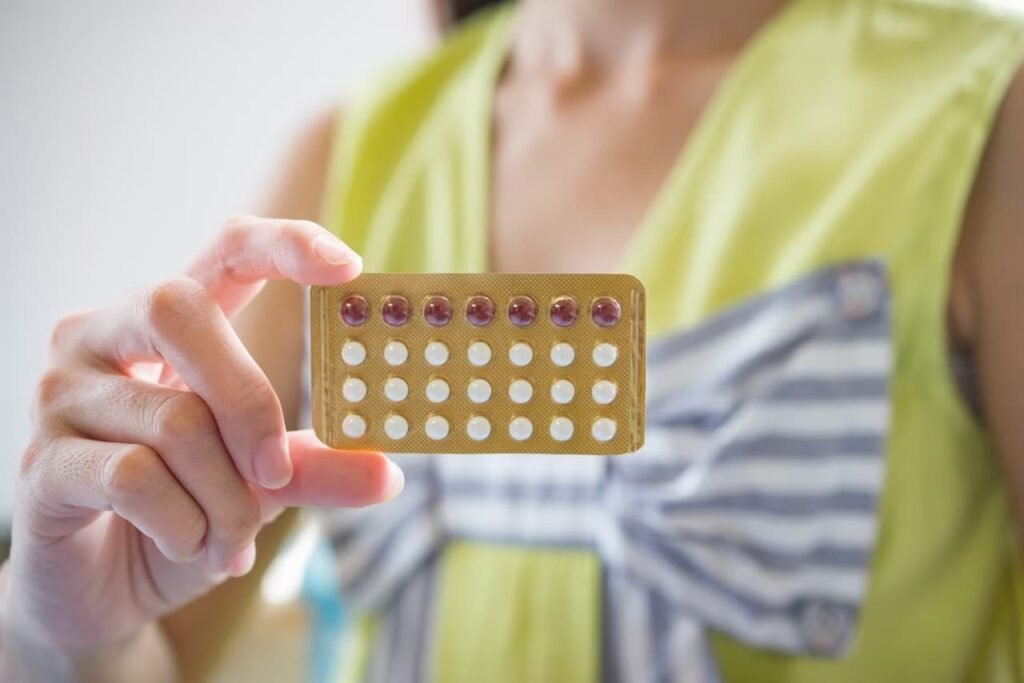

3. Using birth control pills to avoid pregnancy
Birth control pills are different from emergency contraceptive pills. These pills are designed to be taken regularly, usually daily, to prevent pregnancy by stopping ovulation, thickening cervical mucus, and making the lining of the uterus less receptive to fertilization. They are a reliable and effective method of contraception when used correctly.
However, it’s important to note that birth control pills do not protect against sexually transmitted infections (STIs), and they may not be suitable for everyone. Some people may experience side effects from birth control pills, such as headaches, nausea, and mood changes. It’s important to discuss any concerns or medical conditions with a healthcare provider before starting to use birth control pills.
There are different types of birth control pills available, including combination pills that contain both estrogen and progestin, and progestin-only pills. Combination pills are the most commonly used type and are available in various formulations, such as 21-day pills, 28-day pills, and extended-cycle pills.
It’s important to take birth control pills as directed, at the same time each day, to ensure maximum effectiveness. Missed pills can reduce the effectiveness of the method and increase the risk of pregnancy. It’s also important to use a backup method of contraception, such as condoms, if a pill is missed or if vomiting or diarrhea occurs within a few hours of taking the pill.
Overall, birth control pills are a safe and effective method of contraception when used correctly and can be a good option for those looking to prevent pregnancy. It’s important to talk to a healthcare provider about the best contraceptive options for your individual needs and situation.
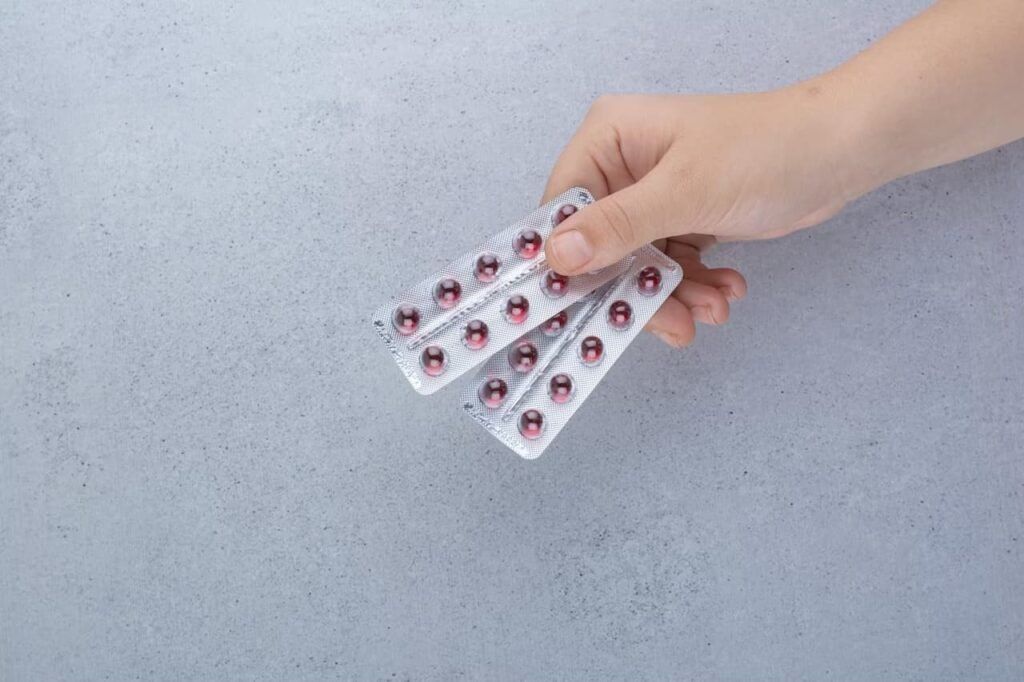

4. Use of patches as a contraceptive
There is no dearth of contraceptives in the market. Necessity is the mother of invention, like such there have been innovations in safe and effective contraceptives. Patches as a contraceptive are one such innovative yet effective way.
A contraceptive patch is a type of birth control that is worn on the skin and releases hormones into the body to prevent pregnancy. Contraceptive patches are small, thin, and sticky patches that are placed on the skin, typically on the stomach, upper arm, or buttocks. The patch releases hormones (usually estrogen and progestin) through the skin and into the bloodstream to prevent ovulation and thicken cervical mucus to prevent sperm from reaching an egg. The patch is typically changed once a week for three weeks, followed by a patch-free week during which a woman will have her period.
Contraceptive patches are highly effective when used correctly, with a failure rate of less than 1% when used perfectly. Like all hormonal contraceptives, contraceptive patches can have side effects such as nausea, headaches, breast tenderness, and changes in menstrual bleeding patterns. Contraceptive patches are not recommended for women who are over the age of 35 and smoke, have a history of blood clots or stroke, or have certain types of cancers. If you are interested in using a contraceptive patch, then you should talk to the doctor to determine if it is the right choice and to learn how to use it properly.
5. Using a vaginal ring to avoid pregnancy
A vaginal ring is a form of hormonal birth control that is inserted into the vagina and releases hormones to prevent pregnancy. NuvaRing is a brand name for a type of vaginal ring used as a contraceptive. It works by releasing a combination of hormones, estrogen, and progestin, into the body to prevent pregnancy
The vaginal ring is inserted into the vagina and left in place for three weeks. It is then removed for one week, during which a woman typically has a period. When used correctly, the vaginal ring is more than 99% effective in preventing pregnancy.
A vaginal ring is convenient, easy to use, and has the ability to reduce menstrual cramps and acne. Some women may experience side effects, such as headaches, nausea, and breast tenderness. Point to be noted that a vaginal ring does not protect against sexually transmitted infections.
Like all hormonal birth control methods, the vaginal ring carries a small risk of serious complications, such as blood clots, stroke, or heart attack. Women who smoke or have certain medical conditions may be at higher risk for these complications. If you are planning for another easy. effective contraceptive, then a vaginal ring would be a good choice. Talk to your doctor to get better clarity about safe use.
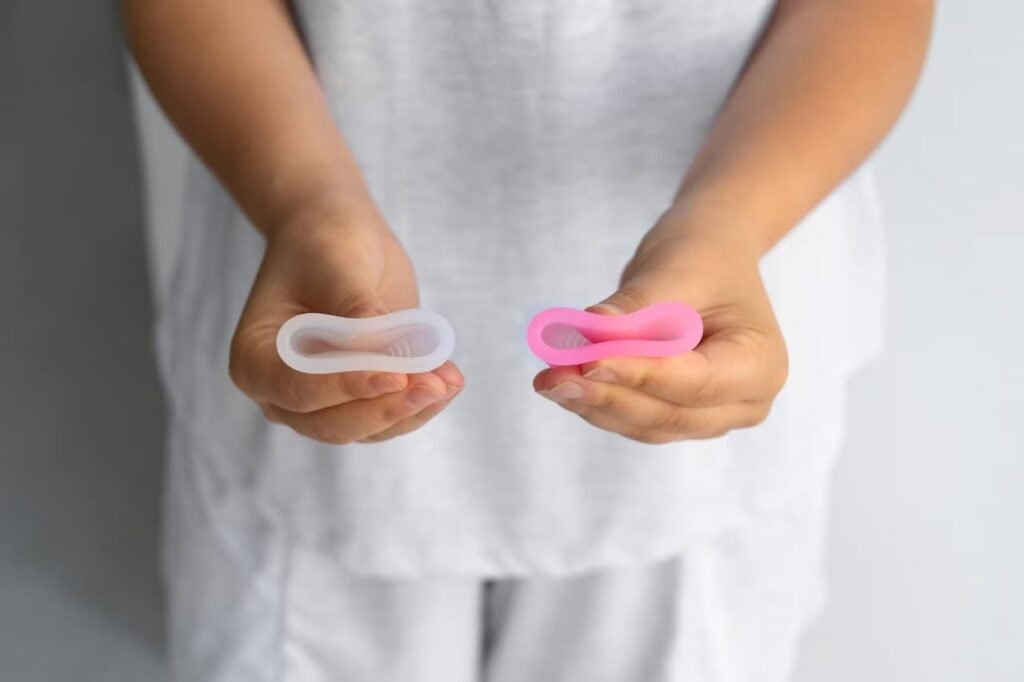

6. Using implants as contraceptive
Contraceptive implants are a form of hormonal birth control that is inserted under the skin of the upper arm. They release a steady dose of hormones to prevent pregnancy. Here are some key points about the use of contraceptive implants. The implant contraceptive is as small as a match stick that is inserted under the skin of the upper arm by a doctor. It can be used for up to three years, at which point it needs to be replaced. It is basically a long-term contraceptive device. When used correctly, contraceptive implants are more than 99% effective in preventing pregnancy. Contraceptive implants are convenient, have long-term effectiveness, and have the ability to reduce menstrual cramps and acne.
This implant does not protect against sexually transmitted infections.
This is an effective method of contraception and works in long term. One need not keep changing it or removing it often as it doesn’t obstruct the menstrual cycle.
7. IUD contraceptive
An intrauterine device (IUD) is a small, T-shaped device that is inserted into the uterus to prevent pregnancy. There are two types of IUDs: hormonal and non-hormonal. IUD has been there in the market for the past few decades and is the most preferred and safe method of contraception. This works in long term with minimum side effects like spotting and a little heavy bleeding during the first 2 days of periods. This comes with an expiry date of 3 yrs, 5 years, or 10 years. Once the date is over this needs to be replaced only by a doctor or a nurse.
The IUD is inserted into the uterus by a healthcare provider. Hormonal IUDs can be used for up to five years, while non-hormonal IUDs can be used for up to ten years. When used correctly, IUDs are more than 99% effective in preventing pregnancy. This doesn’t hamper with routine and one doesn’t feel the presence of such a thing within the body.
IUDs offer long-term effectiveness, convenience, and the ability to reduce menstrual cramps and acne. Non-hormonal IUDs do not contain hormones, making them a good option for women who cannot use hormonal methods. Some women may experience side effects, such as cramping, spotting, irregular bleeding, and headaches. IUD does not protect against sexually transmitted infections.
This type of contraceptive is prescribed by a doctor/ gynecologist and inserted within the uterus by the doctor or nurse under supervision. This is prescribed mostly after 3 months of childbirth. Hence if you are a young couple, talk to your doctor about this contraception openly.


8. Ejaculating outside the vagina
This one is really tricky and needs a lot of control. This is not a foolproof way that one can claim, but still if one has good control over one’s body, this is a natural way to avoid pregnancy. If by chance one has an accident of ejaculating within the vagina then using an emergency contraceptive pill at the earliest will be the next best solution.
Many prefer this method to get more pleasure as some feel that barrier contraceptives, like condoms, do not allow them to experience pleasure to the fullest extent. Having this type of sex would be advisable during nonovulation days only. This method doesn’t prevent STDs rather a couple is at a higher risk of transmitting STDs to one another. Unless the woman has a clinical condition that doesn’t support the use of any kind of contraception, then this can be helpful. Hence, one must talk to the doctor regarding another effective measure of contraception.
Final word
Almost every day doctors and counselors come across couples who approach them with “what to do next?” when these young people engage in unprotected sex. One mustn’t panic and talk to the counselor openly. This will open the gateways for various solutions to the problems. Here are the best solutions provided by the most experienced.
- Having unprotected sex puts the couple at a higher risk of unwanted pregnancy. Hence always use barriers like condoms or any other safe methods during intimate moments. Use the washroom immediately after unprotected sex. Clean up your intimate regions with lots of water to avoid the chances of STIs. This will not reduce the chances of pregnancy though.
- Next time when you plan to have sex with your partner, always use condoms. This is one of the most preferred ways by many. This is cost-effective, and also provides protection from unwanted pregnancy and STIs. This comes with no side effects.
- Do not miss taking emergency contraceptive pills within 24 hrs of having unprotected sex. Or if you suspect there is a contraception failure. This will remove the chances of unwanted pregnancy. After all, taking a preventive measure is much better than regretting later.
- If you find foul odor or itching in your intimate regions then consult a doctor along with your partner at the earliest. This is an infection that needs to be treated to avoid further complications. The doctor may prescribe a course of antibiotics for both partners.
- If you happen to miss out on your period, do not delay. Get the test done immediately. There are various over-the-counter pregnancy testing strips that are available to give accurate results and consult a doctor without wasting a moment to take further action.
- As a last resort, if there is an unwanted pregnancy, then there are intra uterine medicines to terminate the pregnancy that needs to be administered by a gynecologist only and the woman has to be kept under observation for some time to check for reactions if any or any medical emergency. This procedure requires paperwork and procedure to carry out in a legal way. Only govt. authorized hospitals are allowed to use this method.
- Talk to a counselor to get better clarity. A couple may have differences in point of view while using contraception. Talking to a health care provider, a doctor, or a counselor will be a great idea to get the best possible solution and sort out the issue. A counselor will also help you to take necessary decisions in the times of crisis.
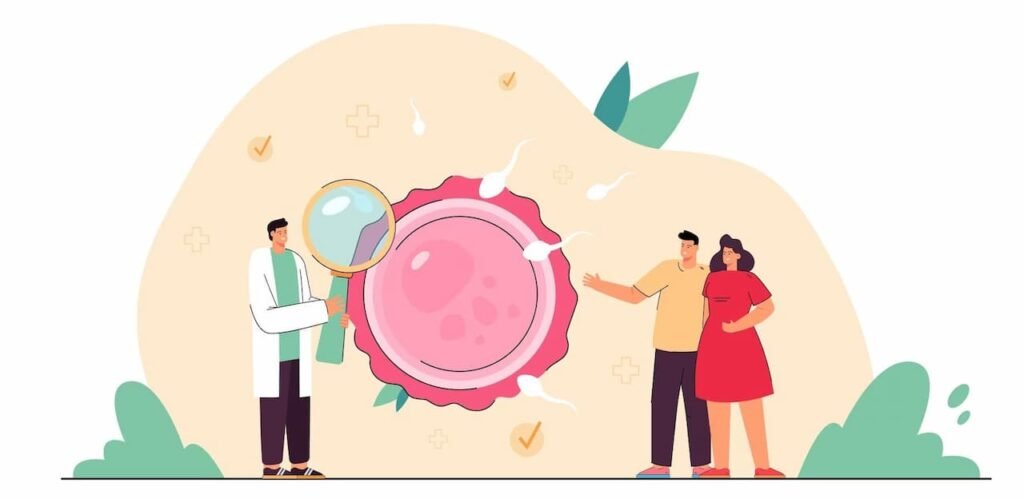

Call us to book a session today.
Contact us at +91 9811335150
Email us – info@onlinecounselling4u.com
Follow us on Facebook or Instagram
Talk to a Psychologist for Online Counselling
Book Appointment Now 100% Private & Secure
Convenient, 100% anonymous, safe, certified professional counseling online.
